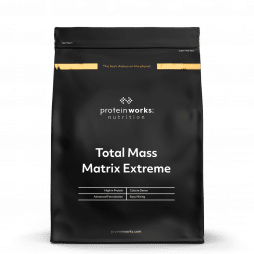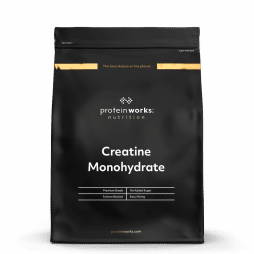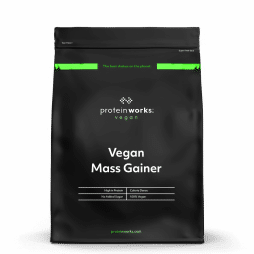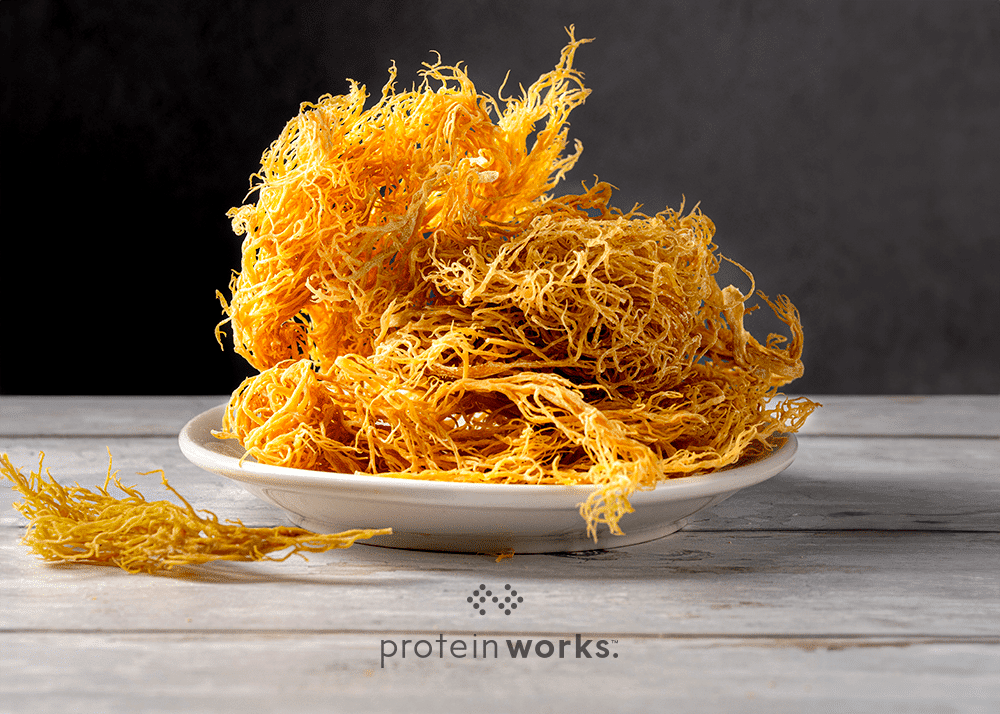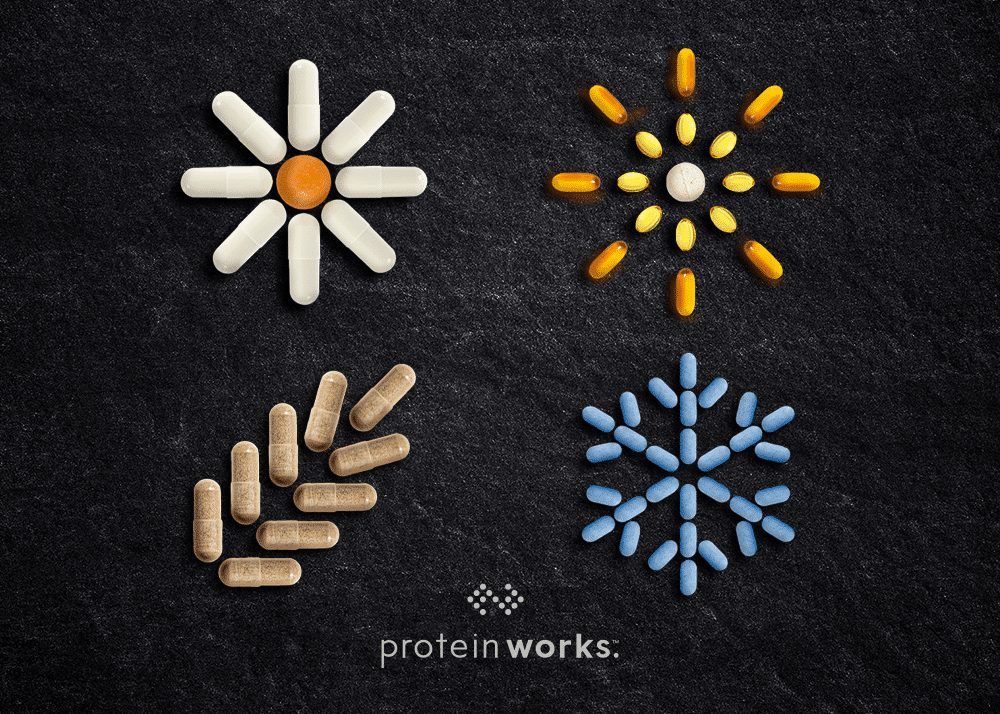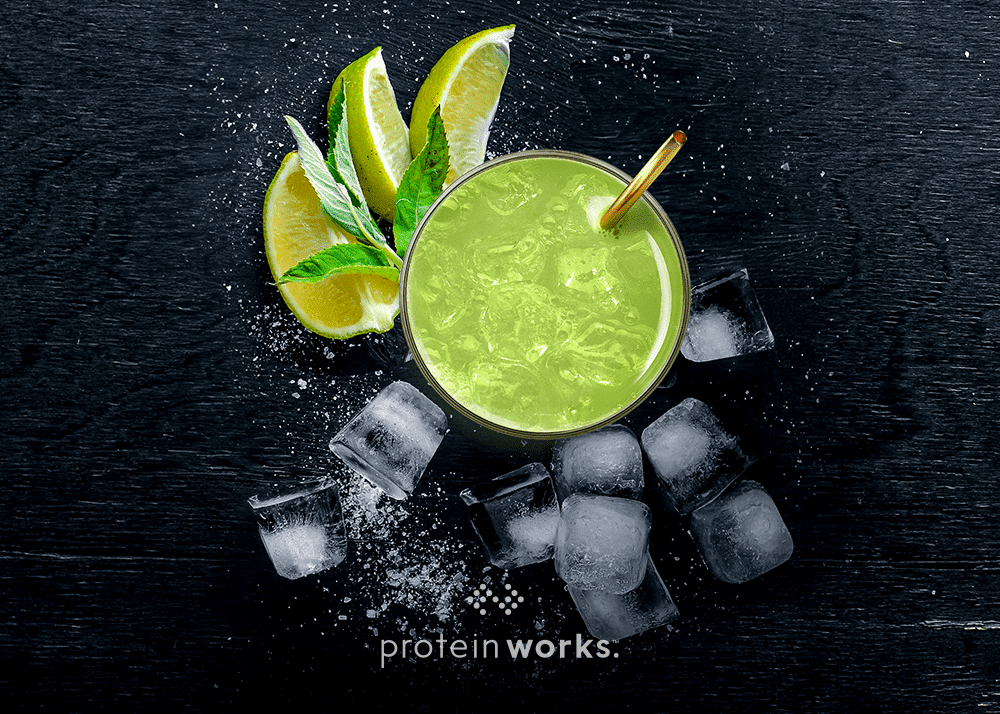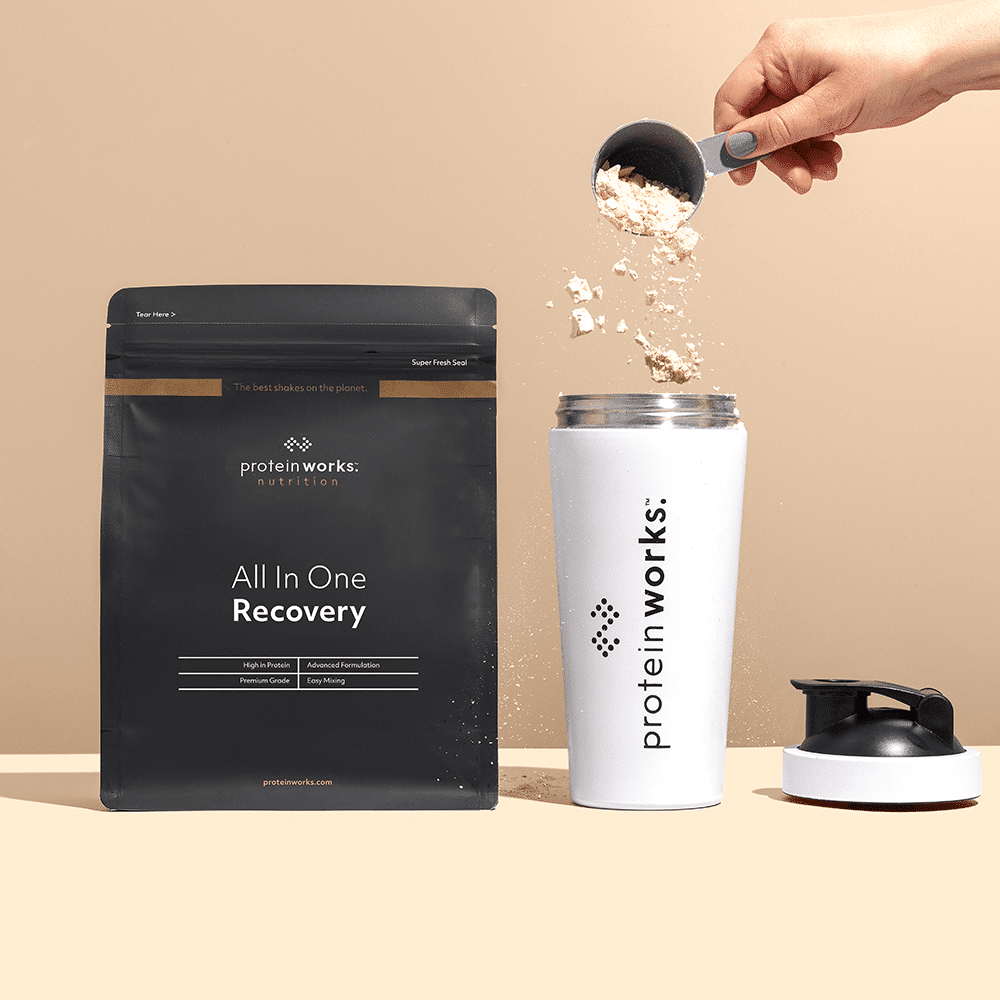
What is Muscle Recovery?
Muscle Recovery is essentially a process that involves rest, nutrition, rehydration, regeneration (healing), resynthesis, inflammation reduction, and restoration to eventually bring the body back to homeostasis.
Why Is Muscle Recovery So Important? Recovery improves blood flow, which aids in removing waste from soft tissue that has been damaged by strenuous activity. The nutrients that help rebuild and repair muscles, tendons, and ligaments are then carried by fresh blood flow. Lack of proper recovery time might result in overtraining syndrome and even decreased performance. OTS, or overtraining syndrome, is unsightly. Your immune system is weakened, you feel lethargic, and you experience persistent joint and muscular pain as a result.
How Can I Speed Up My Recovery? Remarkably, there are no proven strategies to hasten the rehabilitation of sore muscles that are backed by scientific evidence. However, there are several therapies that could help reduce the soreness:
1. Rest or active recovery- The best course of action might be getting enough of relaxation and sleep. In addition, active recovery—light exercise performed during the recovery phase—may boost blood flow to the muscles, which helps lessen pain in the muscles. Swimming and mild jogging are two examples of active recuperation. 2. Hydration- Drinking plenty of water will assist your body eliminate toxins and keep you from becoming dehydrated, which can exacerbate the pain of muscular soreness. Although there is no universal agreement on how much water you should consume, a decent starting point is to drink around half your body weight in ounces of water each day. 3. Pre-workout and post-workout nutrition- Nutrition is a very important aspect of aiding recovery. Before, after, or both before a workout, eating a 2:1 ratio of carbohydrates to protein may help lessen the intensity of muscular soreness. Furthermore, Creatine monohydrate can help improve muscular strength. According to research, creatine can help you recover from rigorous training by lowering inflammation and muscle damage as well as refilling your muscles’ glycogen stores. Also, a post workout shake is another great way to aid recovery as we’ll discuss now.
The Power Of Recovery Protein! Therefore, post-workout nutrition is essential for muscle recovery and All in One Recovery takes the trouble out of having to use multiple different powders to get the muscle recovery you need! All in One Recovery protein by Protein Works is an advanced post workout shake designed to fully recover, replenish and restore your body after a workout session! This post-workout shake delivers…
• 25g of Protein • Cherry Extract to reduce inflammation. • Added electrolytes to restore mineral levels. • Contains creatine to enhance post workout energy production.
These are perfect to help the body to fully repair and recover. You really couldn’t ask for more for the best muscle recovery!
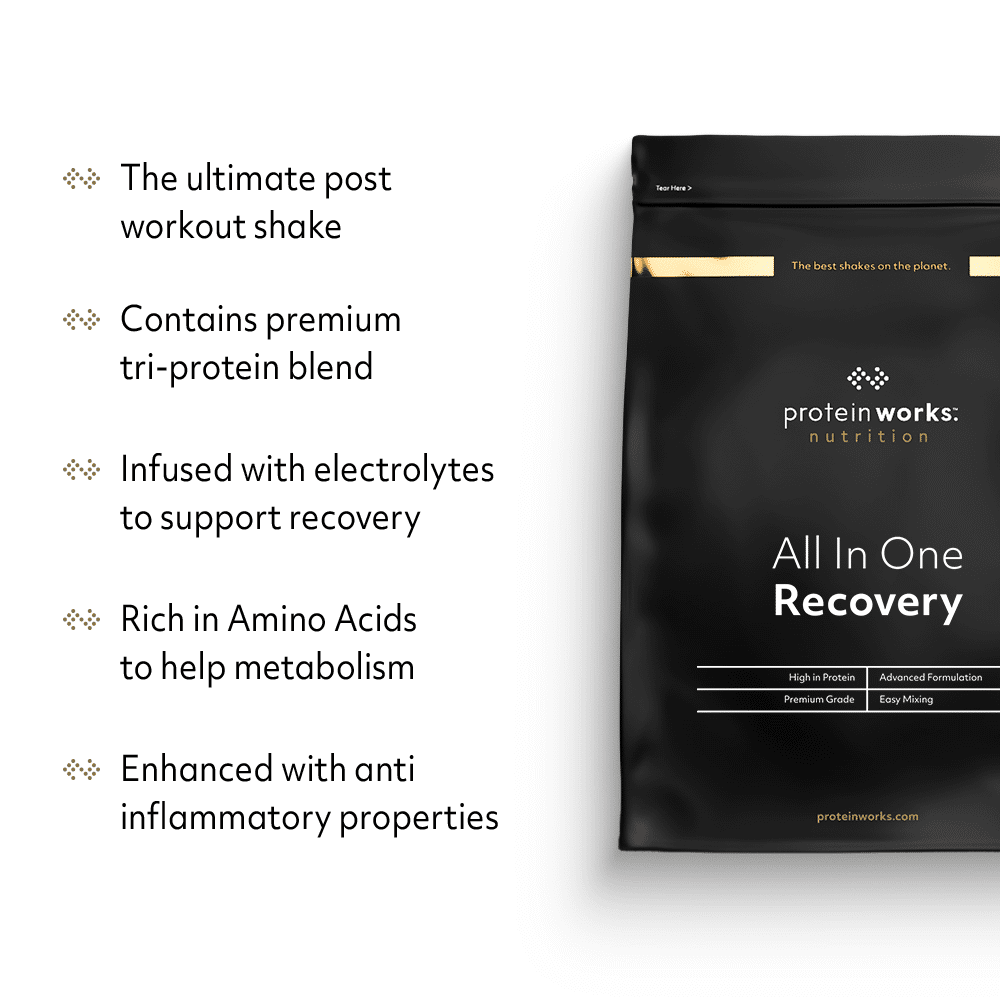
What Is A Post Workout Shake? A post workout shake is a shake made with a powdered form of protein which is typically consumed after exercise. Historically, post workout shakes have contained a single source of protein and not much else.
What Is The Difference Between All in-One Recovery And A Normal Protein Shake? Not sure on the difference between the All in-One Protein and normal Protein? No problem, we’ve got you covered! So, shakes are used as a fitting way to increase protein intake which can support muscle growth. All in One Recovery is a specialist protein shake to aid muscle recovery, by containing scientifically proven ingredients to replenish and restore your body after a workout session. Due to its specialist nature, it’s no ordinary protein blend. It contains 3 different premium protein sources to maximise recovery.
Recover, Replenish and Restore All in One Recovery is recommended to take post-workout for muscle recovery. The ultimate post workout shake allows you to train harder and recover faster! Taking a recovery shake everyday is only going to help you repair and recover even when you’re not in the gym helping you strive towards goals. As shown below.
1. Recover Stronger: All in One Recovery has more Creatine and L-Glutamine to boost energy levels after workouts while preventing muscle breakdown during intense exercise. 2. Recover Smarter: Added electrolytes replenish lost minerals from perspiration, wile cherry extract supports healthy joints and reduces muscle inflammation. 3. Recover Quicker: DigeZyme® has been added to help the body break down protein, carbohydrates, and fat while also improving absorption and uptake of all critical active components.
Every effort has been made to provide the ultimate post-exercise shake for enhancing your recovery following a rigorous training session.
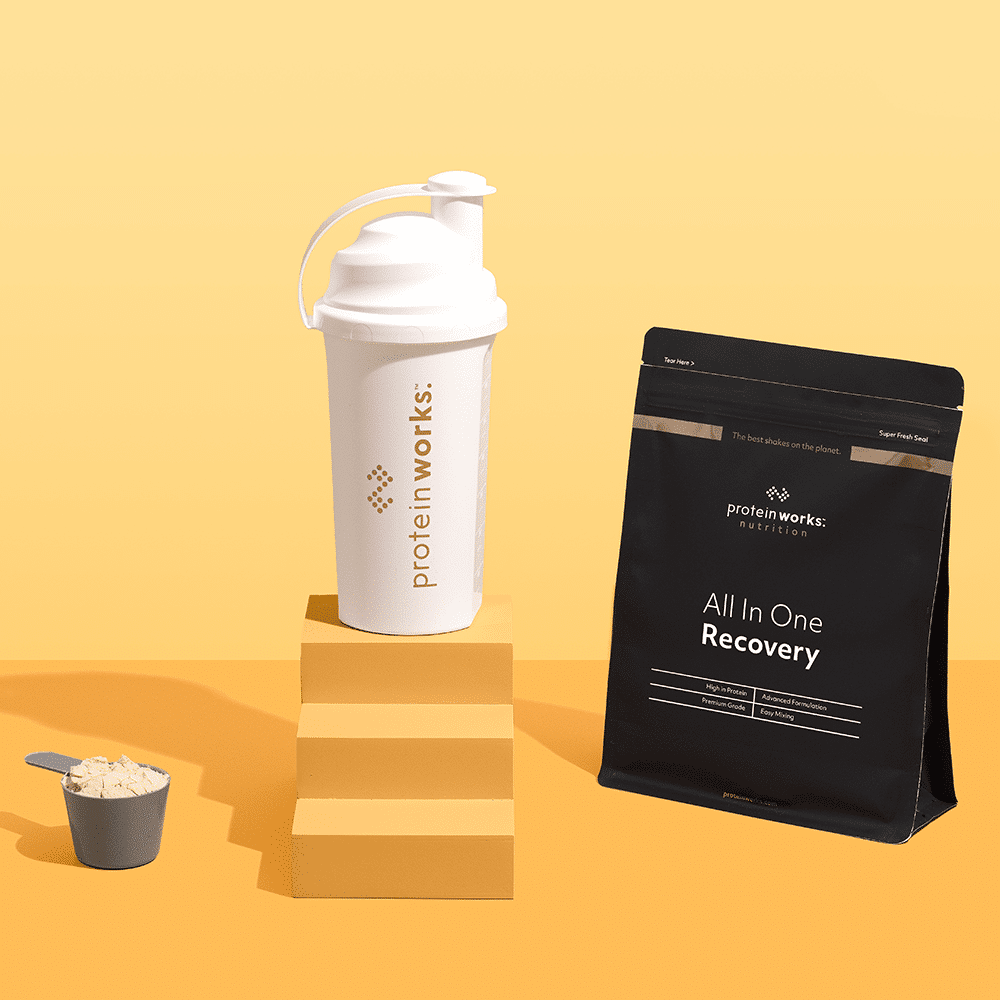
- Taking recovery protein replenishes glycogen which is basically the sugar stored in your muscles. Recovery protein further lessens the breakdown of muscle protein and speeds up the production of muscle protein synthesis. All in-One recovery Protein acts as the ultimate post workout shake by allowing a stronger return to training a quicker recovery with its scientifically proven ingredients.
Q2. What supplements should be taken alongside Recovery Protein?
BCCA Ultra are a group of essential amino acids that are hugely popular in sports nutrition due to their ability to help promote muscle growth, improve endurance and enhance recovery. When taken post workout they have also been found to help enhance the entire recovery process and the rate at which the muscles repair and regrow.
Q3. Top tips to help recovery- Some of our tips for recovery include…
Stay hydrated! Among its many other uses, water helps eliminate the metabolic waste that a strenuous workout produces. In the heat, it’s conceivable that you’ll lose up to 4 litres, or about 9 pounds, of fluid per hour.
Sleep! muscles can recuperate from exercise while you sleep. People who exercise vigorously require even more rest than the normal person. It’s said that some professional sportsmen sleep 10 hours or more per night. The body’s inflammatory response and the hormones that promote muscle growth are also reportedly impacted by lack of sleep, which may make it harder for muscles to recuperate after exercise.
Use a foam roller. Muscles and fascia, the connective tissue that runs throughout your body, develop “knots,” which contribute significantly to the pain that comes with exercise. Using this tool to roll out muscles can aid in removing this knotting. Additionally, it might stop the development of muscular imbalances. Although foam rolling is not quite comfortable, the advantages outweigh this.
Q4. Is there anything I should avoid whilst in muscle recovery?
Limit Alcohol intake- Direct hydration reduces muscle protein synthesis, a crucial stage in muscle repair and training adaption. However, even just one day per week of binge drinking is associated to a 4x increased incidence of muscle wastage. Moderate or “social” drinking is likely harmless (just don’t take alcohol as a post-workout recovery drink). If your muscles are atrophying, it is difficult to recover from workouts. Massage- The evidence supports the benefits of massage for post-exercise recovery. Massage feels wonderful. It lessens DOMS. It improves proprioception and hastens the regeneration of muscle strength. Even if the masseuse is one of those strange back massage machines, it helps balance the parasympathetic and sympathetic nervous systems.


